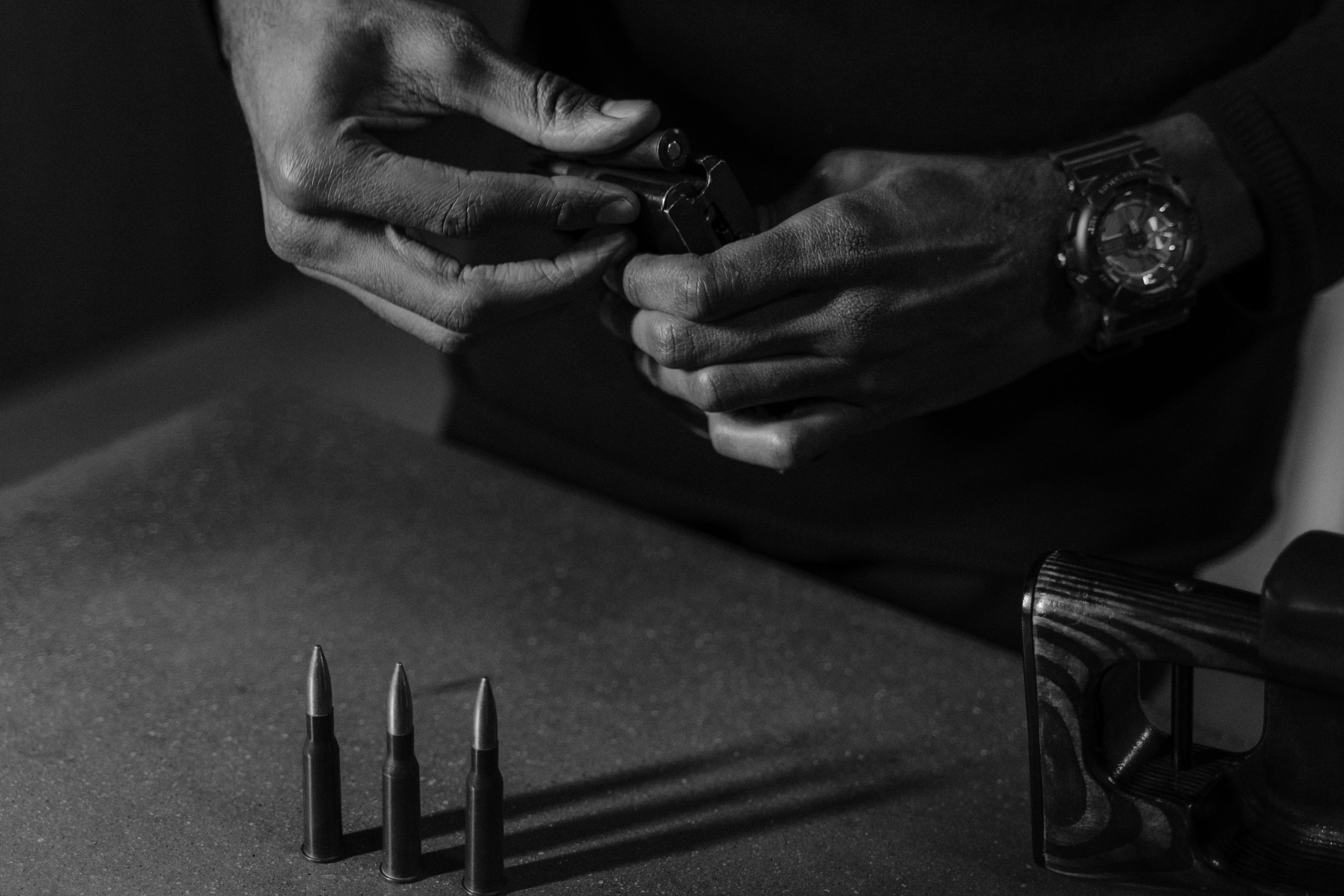Hippocrates was a remarkable figure in the history of medicine. He was an ancient Greek physician born in 460 BC. C. Hippocrates is also known as the father of Western medicine. According to this distinguished physician, “No one should voluntarily cause any preventable human harm or suffering.” This statement by Hippocrates is the real core of medical ethics.
More than two thousand years ago, Hippocrates knew that there are no perfect people. Believe that man can do great things. However, he also knew what human beings are capable of. He is largely opposed to those who harm and injure people because of their personal gain. That said, many considered Hippocrates the first bioethicist.
Before we can talk about bioethical dilemmas, it is necessary to understand their importance and purpose in health care. Therefore, it is vital to know the difference between law and bioethics. To put it simply, law comes from the government, while bioethics can come from personal or professional sources. The personal source is the morals and values of an individual. Professional ethics, on the other hand, is set by the professional organizing board. They are accepted by people who practice the profession. Without standards, anyone can practice medicine, administer medications, and perform medical interventions. In fact, life is valuable. To protect the existence of man, health professionals must know their roles and responsibilities and understand how important they are in people’s lives.
Like any other profession, medical assistants are also experiencing bio-ethical problems and dilemmas. Some people don’t realize that healthcare is not just about organizing the clinical environment, caring for patients, and memorizing human anatomy. To be a trained and competent medical assistant, one must recognize how to act ethically. The code of ethics established by the American Association of Physician Assistants or (AAMA) is used to provide guidance and supervision to medical assistants on what is right and what is wrong in this specific field of practice.
Breach of confidentiality
Every professional medical assistant must understand the importance of privacy in this career. It is important to understand that every interaction with the patient is classified. This includes managing the conversation and treating the patient. In addition, there are times when patients will reveal personal matters and their most intimate feelings and fears with the physician assistant. With regard to the person, please note that such data is not public knowledge. Therefore, gossip about the patient’s history and medical needs is not acceptable.
Loyalty issues
Fidelity according to the online dictionary means the quality of being faithful or loyal. In healthcare, loyalty here is about being loyal to the employer. However, there is a fine line in being loyal to the employer and doing harm to the patient because the employer or the doctor orders their assistant to perform interventions that may cause harm to the patient.
Make mistakes and be honest
Accepting one’s mistake is really difficult. However, when it comes to medical care, it is imperative to practice openness or honesty because a simple mistake can cause the patient to lose their life. In addition, not admitting mistakes can create potential lawsuits and a threat to the institution.
No job is perfect. The three examples given above are just some of the most common bioethical dilemmas that medical assistants face. Yes, they can be nerve wracking. But knowing the rules and where you are in your profession will help you avoid such situations.



